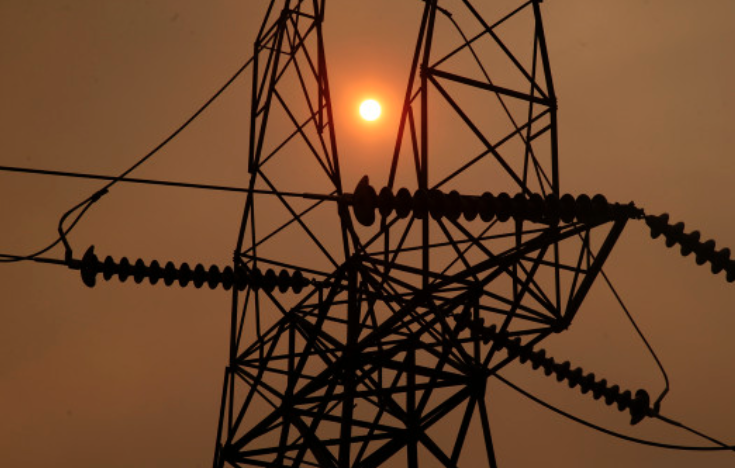CommentsBCK FILE-In little over one week, raging firestorms have consumed about 149,000 acres in Northern California and 98,362 acres in Los Angeles and Ventura counties.
As of Sunday, the death toll of the Camp Fire, the deadliest fire in California history, has reached 76 with 1,276 people unaccounted for. In LA and Ventura counties, 713 structures were burned, with 57,000 in danger. Up north, 12,794 structures have been destroyed, leaving thousands without homes.
On top of the horrific human toll, the November fires bring a hefty financial cost expected to reach over $19 billion for homeowners, insurers, the state. And some of those costs may be passed on in monthly electric bills for the next two decades because of a senate bill signed by Gov. Brown just two months ago.
Following last fall’s monstrous fire season that burned over a million acres in 9,000 fires throughout the state, Gov. Jerry Brown signed Senate Bill 901 in September that would make it easier for utility companies to transfer liability costs to customers.
Although no cause has been established for the Northern California fire, PG&E, the state’s largest utility, reported an outage close in time and location to the start of the fire. In June, state investigators found PG&E at fault for a dozen of the 2017 wine country fires that destroyed almost 9,000 homes and structures.
PG&E shares fell sharply following this week and on Thursday, California Public Utilities Commission President Michael Picker told the San Francisco Chronicle that the agency would put SB 901 provisions into play to protect the utility, as well as other publicly-traded utilities.
As written, SB 901 applies to the 2017 fires and would not have been implemented until 2019. Picker acknowledges additional legislation may be necessary to cover losses in the Butte County fire.
Let’s take a look at SB 901.
Following the fall 2017 fires, PG&E, which provides natural gas and electricity to over 16 million people, faced up to $15 billion in liability for property damage and could have been forced into bankruptcy.
So, utility companies and electrical workers coughed up millions to lobby Sacramento to change existing law. Utility companies in California face liability under inverse condemnation, as well as for negligence claims for property damage caused by their equipment, regardless of whether negligence is established.
SB 901 opened the door for PG&E to bonds to pay off over 200 lawsuits filed against the utility for the 2017 fires. PG&E customers see the cost of those bonds on their monthly bills; the utility has estimated the cost is a monthly $5 per customer for $1 billion in bonds. However, CPUC regulators would need to assess whether PG&E “acted reasonably” to maintain its equipment. If not, the utility and its shareholders would have to shoulder the costs.
The CPUC would also conduct a “bankruptcy stress test” to determine just how much PG&E could endure while still providing service to customers. Ratepayers would pick up the costs beyond what the utility company could afford.
Closer to home, Southern California Edison had reported an outage near the time and location of the start of the Woolsey fire. A Malibu resident whose home was destroyed in the Woolsey Fire has filed a lawsuit against SCE. Hundreds are expected to join the plaintiff.
In court filings, attorneys claim SCE failed to “maintain its overhead electrical facilities in a safe manner,” failed to “perform vegetation management in accordance with applicable regulations,” and failed to “shut down the Big Rock 16kV circuit to prevent a catastrophic wildfire during the Red Flag weather conditions that preceded the Woolsey Fire.”
Just a few weeks ago on October 31, SCE admitted its equipment may have sparked the deadly Thomas fires in Ventura County.
California utilities have been behind a number of disasters. In January 2017, a federal judge sentenced PG&E for six felony charges resulting from a natural pipeline rupture that left 8 dead, imposing a $3 million fine. In August of this year, SoCal Gas paid out $119.5 million in a settlement with city, state, and county agencies for the massive Aliso Canyon gas leak in Porter Ranch.
Publicly-traded utilities have a duty to ensure safety for communities and to avert wildfires, gas leaks and ruptures by investing in equipment and clearing brush or other growth from surrounding power lines, especially in light of Southern California’s vulnerability to wildfires.
(Beth Cone Kramer is a professional writer living in the Los Angeles area. She covers Resistance Watch and other major issues for CityWatch.) Edited for CityWatch by Linda Abrams.














